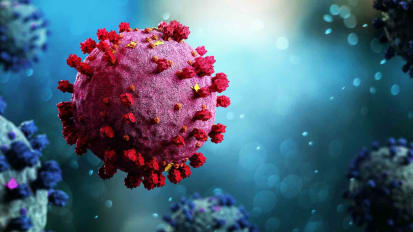Suraj Kapa, MD

Suraj Kapa, M.D., research focuses on translational innovation as well as elucidating basic mechanisms underlying electrophysiological diseases. These efforts include the development of new technologies or techniques for autonomic modulation, mapping of atrial and ventricular arrhythmias, and creation of novel devices that can be used for cardiac monitoring and prevention and treatment of electrophysiological disease.
Dr. Kapa also engages in clinical research to evaluate quality metrics and optimal approaches to currently available methods of electrophysiological treatments, including cardiac device implantation (defibrillators, pacemakers, resynchronization devices) and ablation.
Focus areas
- Use of biocompatible material-embedded carbon nanotubes to help re-circuit electrophysiological substrates in the beating heart
- Development of novel mapping techniques for atrial fibrillation, specifically studying methods of identifying and localizing rotors, which are thought to be responsible for the perpetuation of atrial fibrillation
- Understanding the incidence and best approaches to treatment of electrophysiological diseases in rare cardiac diseases, including left ventricular noncompaction, complex adult congenital heart disease and sarcoidosis
- Development of tools and techniques for modification of electrophysiological substrate using novel energy sources, including electroporation, sonoporation and active biological agents
Significance to patient care
Currently, there are major gaps in the understanding of electrophysiological diseases and best approaches to care. The mechanisms underlying the initiation and perpetuation of specific arrhythmias may vary based on the individual and the underlying disease. However, methods for risk stratification and treatment are still limited.
Dr. Kapa's research focuses on trying to better elucidate the mechanisms underlying specific diseases by both studying large populations thought to be at risk and using invasive techniques for better individualized characterization of the electrophysiological substrate. Given that current treatment approaches have a risk of damage to areas that may not contribute to arrhythmogenesis, Dr. Kapa's research also focuses on developing novel tools or energy sources for more targeted arrhythmia treatment.

